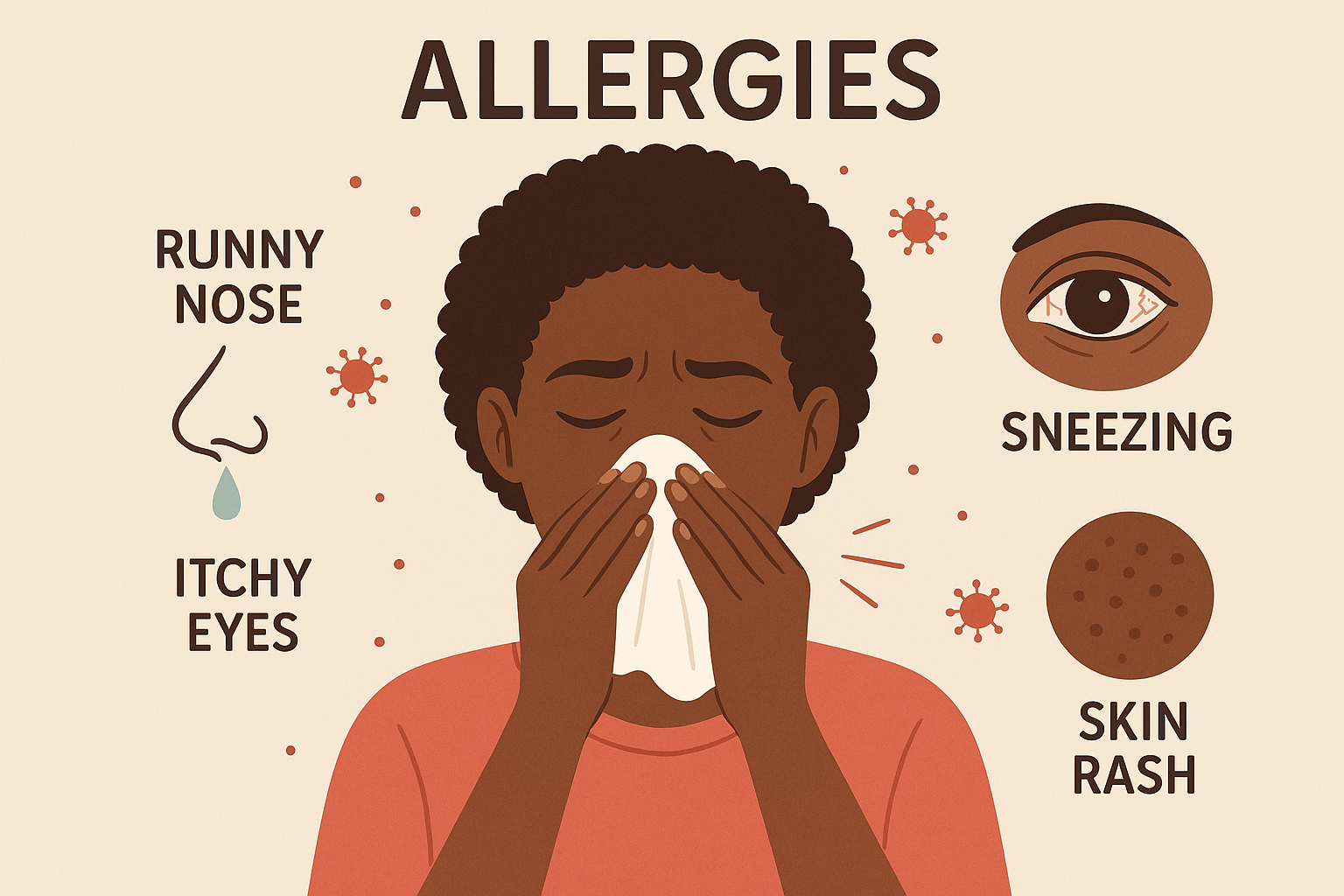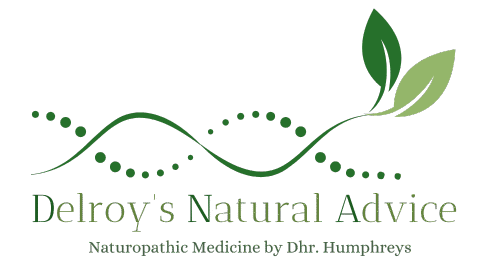Hay Fever – More than just a pollen problem

Allergies!
It’s that time of year again! Itchy eyes, sneezing fits, foggy head. Many of my clients come to me suffering from hay fever (seasonal allergic rhinitis) and want natural relief. While most think it’s just a reaction to pollen, hay fever runs deeper than that. In fact, it’s often the result of a complex interplay between your gut, nervous system, and immune system.
What really causes hay fever?
The pollen is the trigger, yes. But it’s your internal terrain that determines your reaction. If your gut is inflamed or your microbiome is out of balance, your immune system is far more likely to overreact. This can lead to excessive histamine release, the compound that causes all those frustrating allergy symptoms.
But the gut isn’t the only player. Did you know that in the 19th century, hay fever was called “nervous catarrh”? That’s because it was often linked to the nervous system and emotional stress. Modern research now confirms that chronic stress impacts gut permeability and immune regulation, which may explain why many people get worse when under pressure.
Histamine overload
Histamine is not the enemy, it’s a helpful messenger involved in immune responses. But when your body can’t break it down efficiently (due to high histamine or low DAO enzyme activity or chronic inflammation), histamine builds up. Add seasonal triggers like pollen, and boom, you’re stuck with a runny nose, itchy skin, and maybe even brain fog.
Natural support for hay Fever
- Strengthen your gut with whole foods, fermented veggies, and prebiotics
- Reduce stress with good breathing practices, journaling, or meditation.
- Avoid high-histamine foods (aged cheese, wine, vinegar, etc.)
- Use natural antihistamines like quercetin, nettle, and black currant (see Blog 2 for more about the powerful effects of black currant leaves and buds)
Raw honey & Bee Pollen
Local raw Honey
A favorite home remedy is local raw honey, just one teaspoon a day may help your immune system build tolerance to local pollens. Many swear by taking a teaspoon of local raw honey daily, ideally starting a few months before pollen season. Here’s why:
- Micro-exposure to local pollen helps the body build tolerance
- Raw honey contains small amounts of bee pollen, enzymes, and antioxidants
- It’s a gentle way to “teach” your immune system to stop overreacting
Important: This only works with raw, unprocessed honey from your local area. Regular supermarket honey is too filtered and won’t contain the necessary compounds.
Use tip: Take it on an empty stomach in the morning, or stir into lukewarm (not hot!) herbal tea.
Bee Pollen
Even better, tiny amounts of bee pollen (introduced gradually) can support this desensitization effect. They’re rich in vitamins, enzymes, and tiny doses of pollen, which may desensitize your immune system over time, like a natural “allergy shot.”
Start very slowly:
- Day 1: just 1 grain under the tongue
- Gradually increase over weeks to 1 teaspoon per day, as tolerated and continue daily.
Tip: Start 2-3 months before allergy season and always go slow if you’re sensitive.
Caution: Avoid bee pollen if you have severe allergies, asthma, or a history of anaphylaxis. Always introduce it with care.
